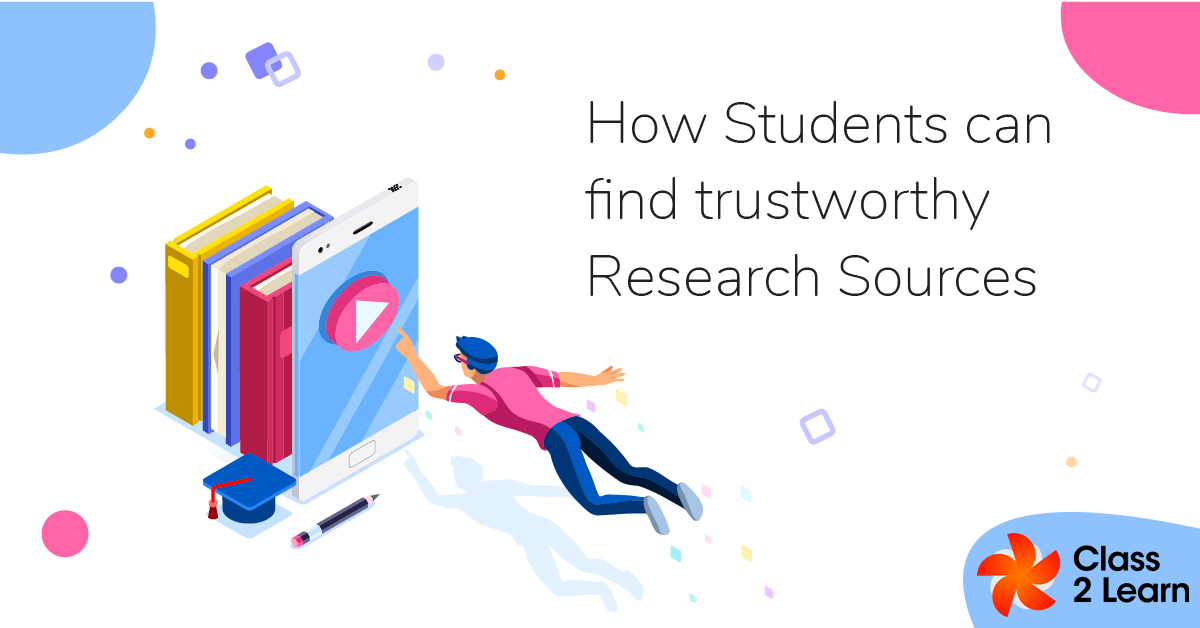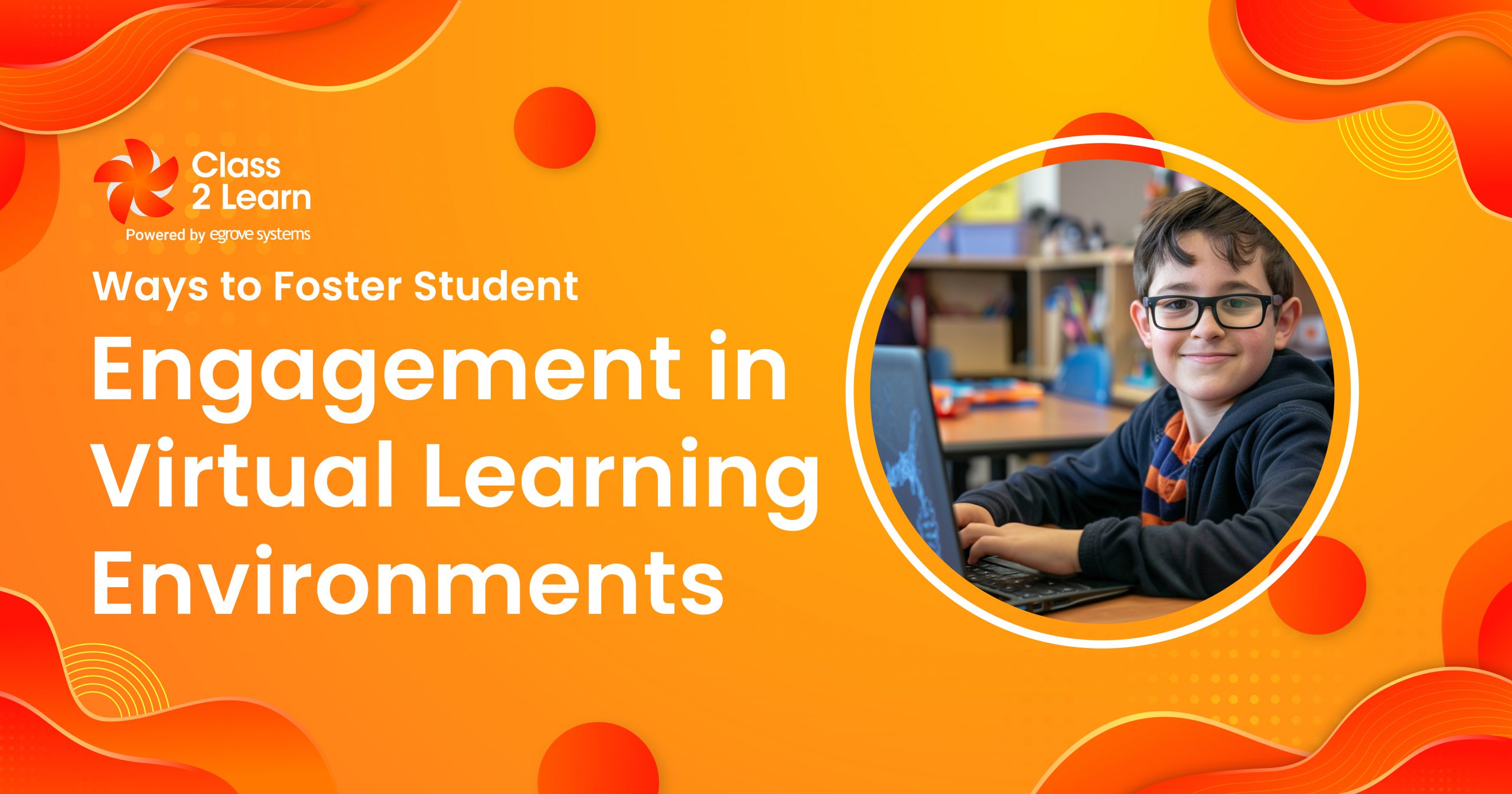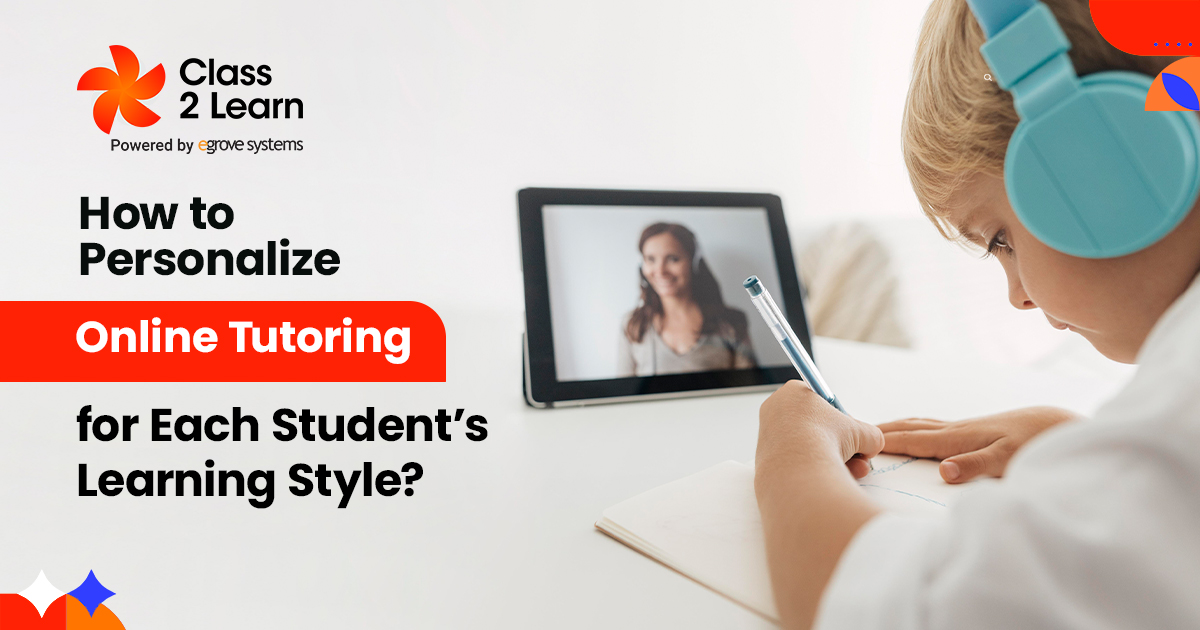One of the most significant and difficult projects for students is the research paper. Finding and analyzing credible sources is a special ability that students may find difficult. Research challenges several learning abilities. Information is easily accessible in the Internet era, but it can be challenging to determine which sources are reliable. Arguments from unreliable sources appear less credible and may contain inaccurate or biased information. The performance of research projects, grades, and critical thinking skills will all increase for students. Here are some pointers that both teachers and students may find useful while looking up sources.
Trust databases over general search engines
It might be easy to use Google to get information, but searches only return the most well-liked results, not always the most reliable ones. Instead, students should take advantage of internet databases, which are certain to only provide results from sources like periodical articles and others that have a dedication to accuracy. Students may quickly use online databases like EBSCO, FactsOnFile, and ProQuest since they are frequently made available through schools or libraries. They can focus their searches to find current and reliable sources. Pay close attention to the sources that are shown in a database. Not every source is created equal. It’s possible to find editorials or articles from dubious publications in a newspaper archive.
Check that no reference information is missing
When a source such as a web page is used, you need to make sure it has as much reference information, such as the name of the author, the date, and the source organization, as possible. Not only is this information important for citations, but lacking information can indicate unreliability. If no author is named, then you can’t be sure who is the source of the information. If there is no date of publication, then you can’t tell if it is recent or out of date. If there is no authority or organization behind the publication, like a newspaper, a government agency, an academic institution, or a corporation, then it is less trustworthy because the author has no internal fact-checkers and no reputation that would be hurt if they gave bad information.
Find objective, independent sources of information
Citing biased sources in your research papers is likely to discredit any arguments based on those citations. Biased sources are motivated to mislead the audience to advance their point of view, or they may have something to gain by presenting the information. They may make claims that are not accurate or lack authority on the subject. Examples include political parties, corporations, activist groups, and individuals with personal or financial involvement in the subject or issue they are writing about.
Check for citations
Citations are a sign of a more reliable source. In general, only academic publications and articles give a bibliography of other works examined while writing or they employ internal citations like footnotes and endnotes. Students occasionally use non-academic sources, particularly when they find academic materials challenging to grasp, although academic sources are considerably more likely to be reliable and authoritative. If an author consistently cites their sources, you may be able to discern that they can support every assertion with evidence.
Check for peer review
Academic sources published in journals are frequently subjected to peer review, which means that experts chosen by the publication examine them for objectivity and accuracy and discard them if they don’t live up to their criteria. The reviewers have experience in the same field so they will recognize errors that the average person cannot spot. Students can trust that the information is reliable if the article says it is peer-reviewed. Check the article’s citation information or the journal’s policies to find out if it is peer-reviewed. Sometimes even academic journal articles are published before peer review and may be unreliable.
Final Reflections
Students should carefully evaluate sources and think about whether they are objective and come from authoritative publications. Avoid unfamiliar web pages and social media sources. In general, seek unbiased, recent, and authoritative sources of information. Ensure they are intended to educate and inspire rather than for other purposes.





Add comment